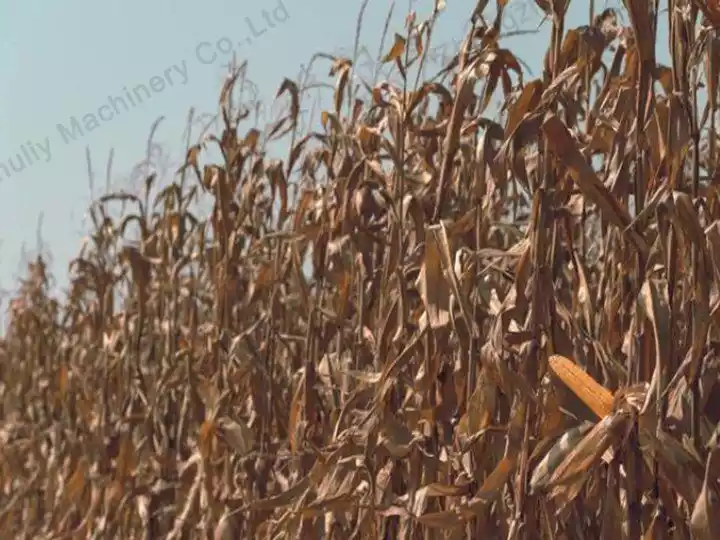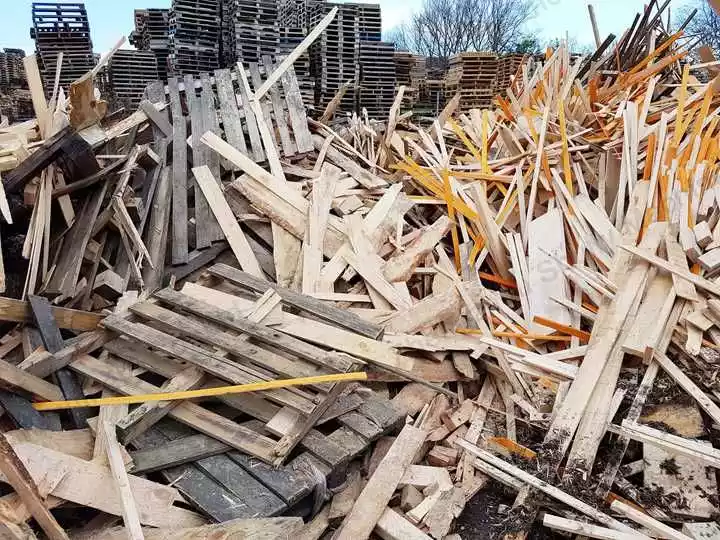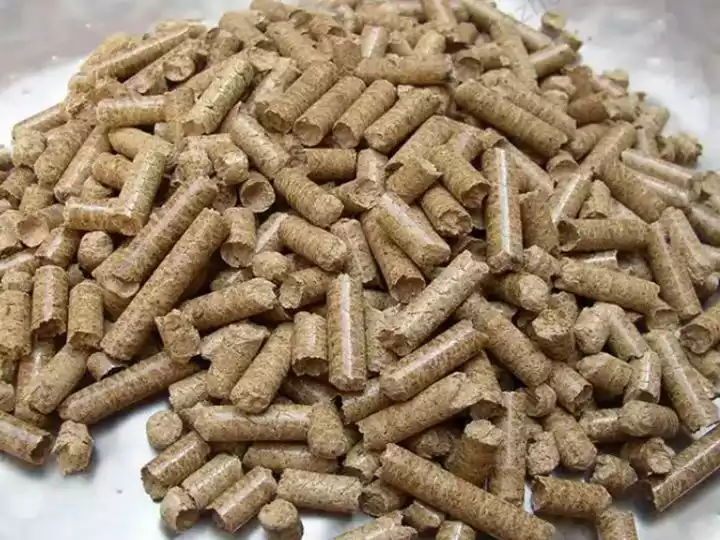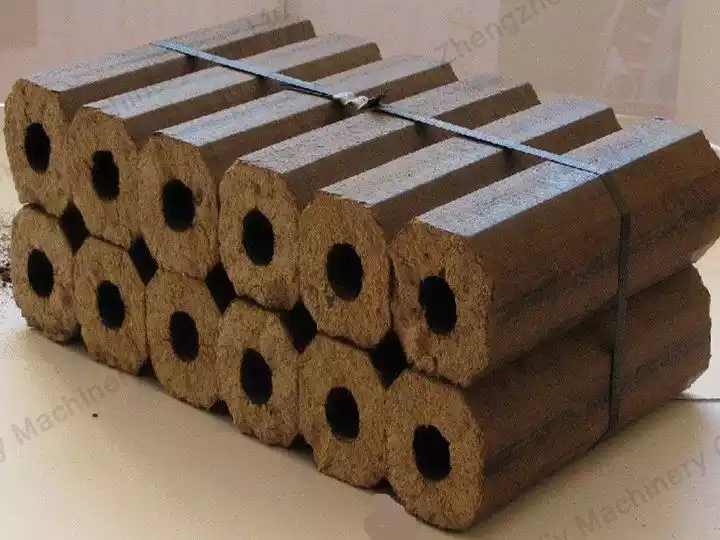초보 창업에 적합한 것은 바이오매스 압축 연료 또는 펠릿인가요?
바이오매스 압축 연료 생산은 바이오매스 자원의 재사용을 촉진하고 에너지 긴장 문제를 효과적으로 완화할 수 있습니다. 바이오매스 에너지 생산 사업을 하는 투자자에게는, 바이오매스 목재 펠릿 또는 바이오매스 압축 연료를 가공할지 여부는 보통 더 복잡한 문제입니다. 바이오매스 재활용 장비 제조업체로서, 자세한 분석을 제공하며 도움이 되길 바랍니다.
왜 바이오매스 연탄 사업을 시작하나요?
천여 건 이상의 고객 사례 데이터를 분석한 결과, 저희 고객들은 주로 두 가지 목적으로 바이오매스 연료 가공을 수행합니다: 폐기 바이오매스 자원의 재활용으로 이익을 얻거나, 자체 공장에 에너지를 공급하기 위해 바이오매스 연료를 가공하는 것.
일부 고객들은 공장 폐기물 바이오매스 재료를 처리하여 공간을 절약하기 위해 소형 바이오매스 연료 가공 장비를 구매하기도 합니다. 어떤 목적으로 바이오매스 압축 연료 사업에 투자하든, 바이오매스 압축 연료 공장이 환경 친화적이고 지속 가능한 에너지 재생 프로젝트임을 부인하기 어렵습니다.


바이오매스 연탄 프로젝트 VS 바이오매스 펠릿 프로젝트
실제로 두 가지 유형의 바이오매스 연료 생산 프로젝트는 매우 유사하며, 가공 방법, 필요한 장비, 완성품의 형태가 다릅니다. 원자재 선택 측면에서, 바이오매스 연료 압축 연료와 펠릿 모두 짚, 쌀겨, 땅콩 껍질, 목재 칩, 사용된 목재 판자, 가지, 코코넛 껍질 등 모든 농업 및 임업 폐기물을 사용할 수 있습니다.
이 원자재를 목재 분쇄기로 톱밥으로 부순 후, 목재 칩은 건조기를 사용하여 일정 습도 수준으로 건조해야 합니다. 그런 다음 성형 장비를 사용하여 목재 칩을 고체 바이오매스 연료로 가공합니다. 바이오매스 압축 연료의 가공에는 나선형 톱밥 압축기가 필요하며, 펠릿 가공에는 특수 바이오매스 펠릿 압출기가 필요합니다.


바이오매스 연료 압축 연료는 보통 길이와 가운데 구멍이 일정한 프리즘형 막대로 만들어집니다. 바이오매스 펠릿은 길이가 불규칙합니다. 두 가지 유형의 바이오매스 연료는 포장 기계를 사용하여 포장할 수 있어 운송이 용이합니다. 발열량과 연소 시간 측면에서, 바이오매스 압축 연료는 일반적으로 펠릿보다 높은 발열량과 연소 시간을 갖습니다. 이는 전자의 밀도와 부피가 더 크기 때문입니다.
어떻게 선택하나요?
실제로, 바이오매스 압축 연료와 펠릿 가공을 선택할 때, 투자자는 지역 시장 수요를 조사하는 것만 고려하면 됩니다. 지역 시장 수요를 충족하는 바이오매스 연료를 생산하면 대부분의 고객을 만족시킬 수 있으며, 생산자가 만든 제품은 시장성이 있습니다. 또한, 원자재 비용도 고려해야 합니다. 만약 지역에 저렴한 바이오매스 폐기물이 많다면, 바이오매스 연료 압축 연료 사업에 투자하는 것이 유리할 것입니다.

댓글 없음.